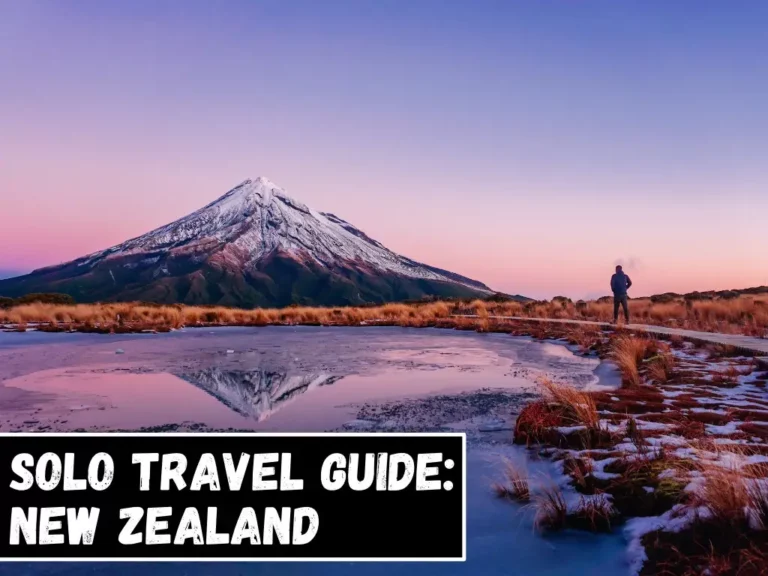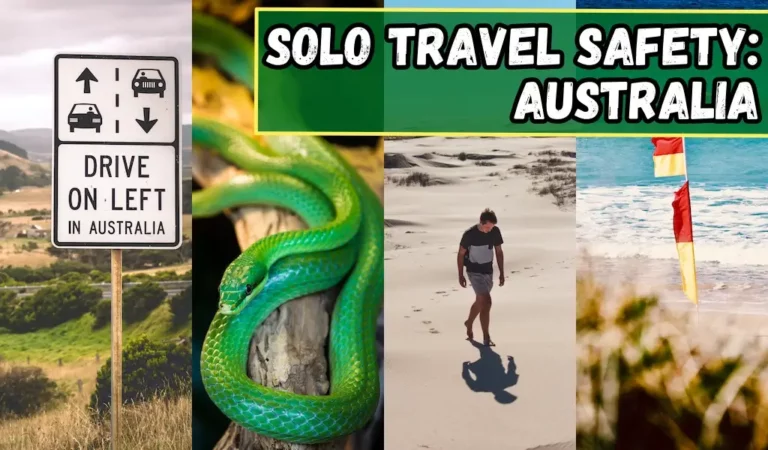Is New Zealand Safe to Travel Alone? 18 Dangers to Beware
Nine tourists (mostly solo backpackers) were murdered in New Zealand between 1989 and 2018. Twenty-two tourists were killed in the volcanic blast on White Island in 2019. And every year, numerous others are seriously injured or killed during adventure sports.
So, is New Zealand safe to travel alone?
The statistics suggest that New Zealand is safe for solo travellers. But that doesn’t mean that you can blissfully ignore the 18 dangers of travelling alone in New Zealand.
Plan the adventure of a lifetime with my full guide to solo travel in New Zealand!
Is New Zealand Safe to Travel Alone?
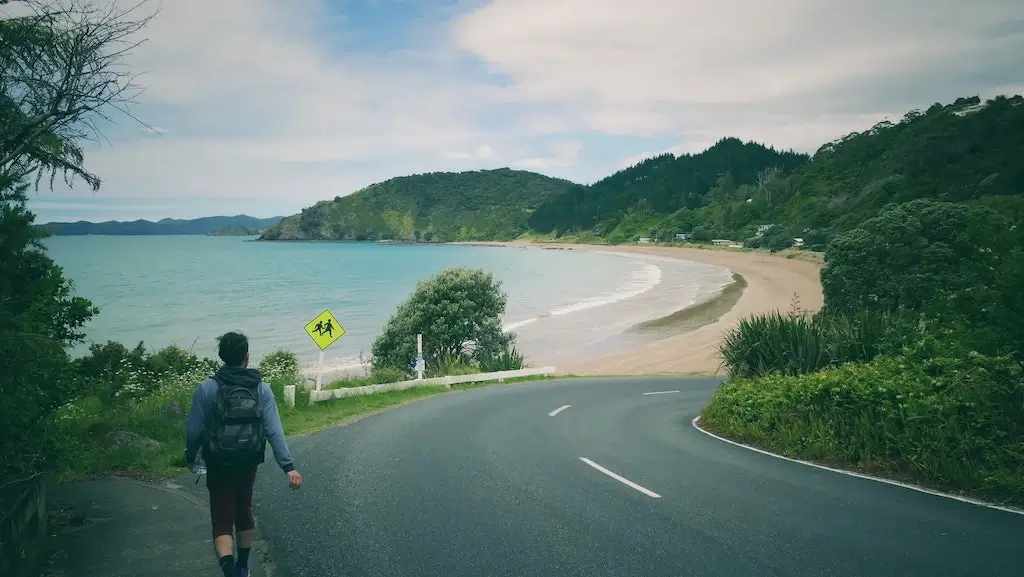
New Zealand is one of the safest countries in the world to travel alone.
Almost 4 million people visit New Zealand each year and 94% of tourists report that their visit to New Zealand either met or exceeded their expectations (including safety).
Further, New Zealand scores 92/100 on the Global Safety Index.
Numerous factors make New Zealand a safe destination for solo travel:
- Low levels of crime.
- Few health risks, diseases and viruses.
- Modern amenities, infrastructure and transport links.
- Modern emergency services including police, ambulance and fire.
- Modern surveillance technology.
- Political stability and civil order.
- Generally friendly and helpful people.
- Free accident healthcare for tourists.
- Strict criminal laws and gun bans.
- World-class health and safety regulations for tourism operators.
Sadly, however, tourists are still injured or killed each year whilst travelling alone in New Zealand. Remain aware of the 18 dangers listed below and follow these solo travel safety tips.
Is New Zealand safe for solo female travellers?
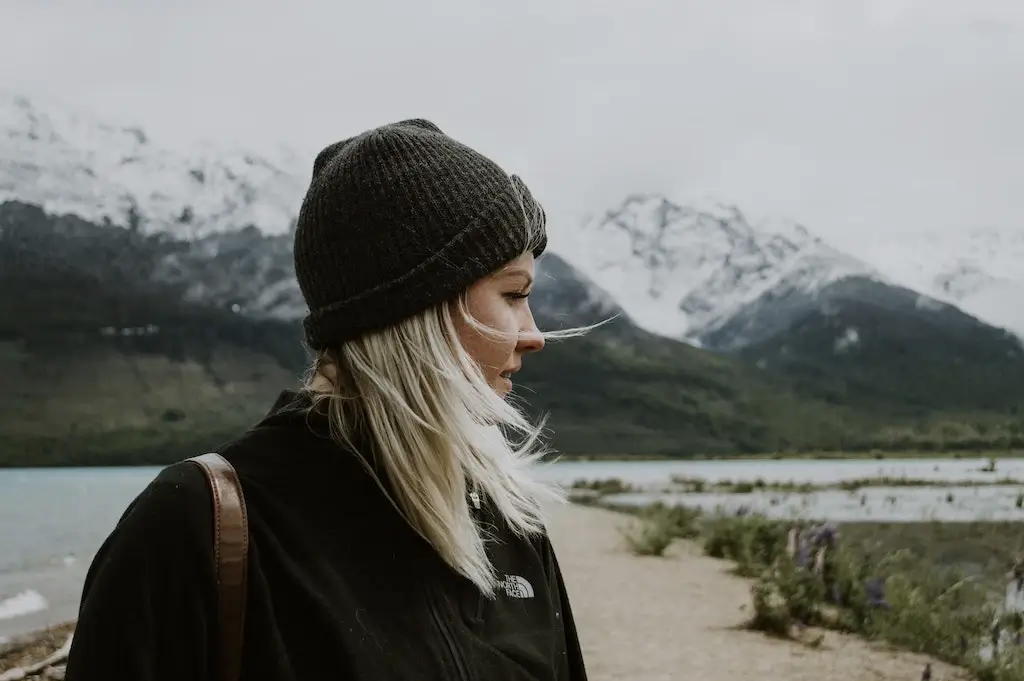
New Zealand is safe for solo female travellers. It is one of the most visited destinations in the world for women travelling alone.
However, young females travelling alone in New Zealand should still take extra precautions.
Several solo female tourists (mostly in their 20’s) have been murdered in the past (about 1 murder every 5 years). And the most common victims of sexual assault in New Zealand are young women aged between 18 and 35.
I suggest that solo female travellers in New Zealand take these safety precautions:
- Buddy up with other female travellers from your hostel (particularly when visiting remote locations or partying at night).
- Stick to well-lit areas at night.
- Don’t accept drinks from strangers.
- Stay in female-only dorms if you prefer.
Is New Zealand safe for solo male travellers?
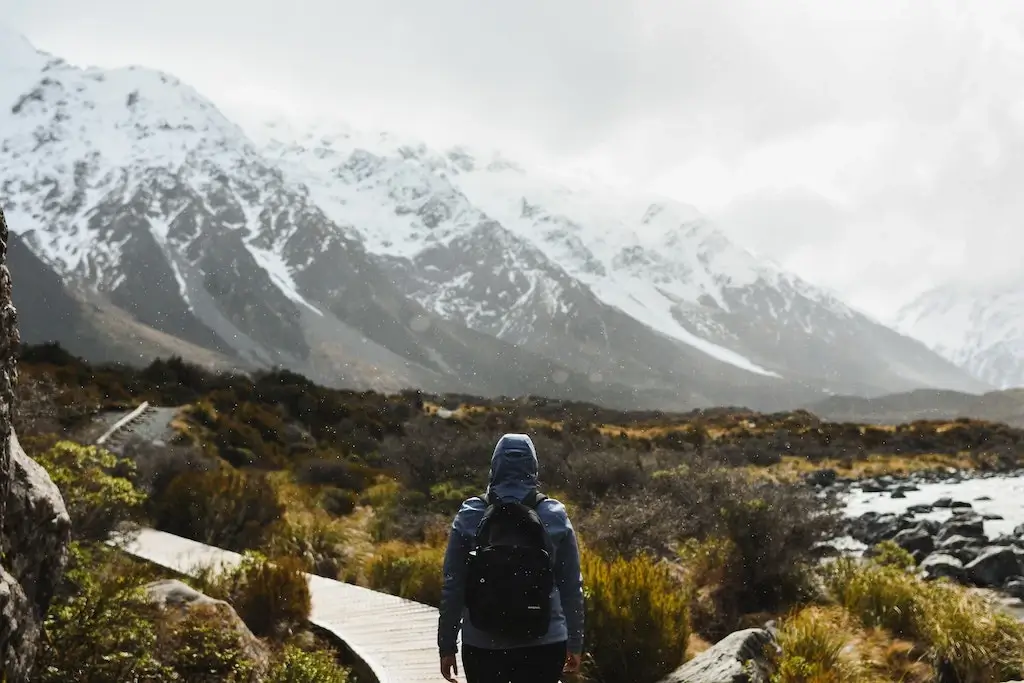
New Zealand is a safe destination for male solo travellers. Again, it is one of the most visited destinations in the world for men travelling alone.
However, young male tourists (aged 18 to 35) are more likely to be victims of common assault and aggressive behaviour. They’re also more likely to take risks that can lead to accidental death (e.g. drowning and road accidents).
Young males travelling alone in New Zealand should take extra precautions:
- Avoid excessive drinking.
- Walk away from altercations.
- Never go swimming or drive whilst intoxicated.
For 20 more tips and personal tales, see my article on traveling alone as a man.
Related Post
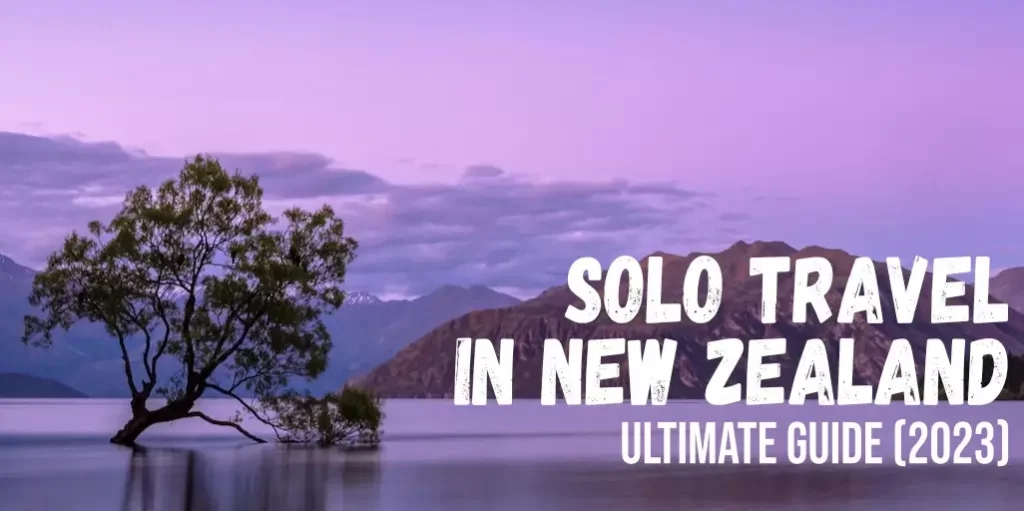
18 Dangers of Travelling Alone in New Zealand
Is New Zealand dangerous for tourists to visit?
Whilst New Zealand is not particularly dangerous by world standards, tourists do often find themselves in harm’s way. Keep yourself safe by preparing for these 18 dangers when travelling alone in New Zealand:
1. Road accidents
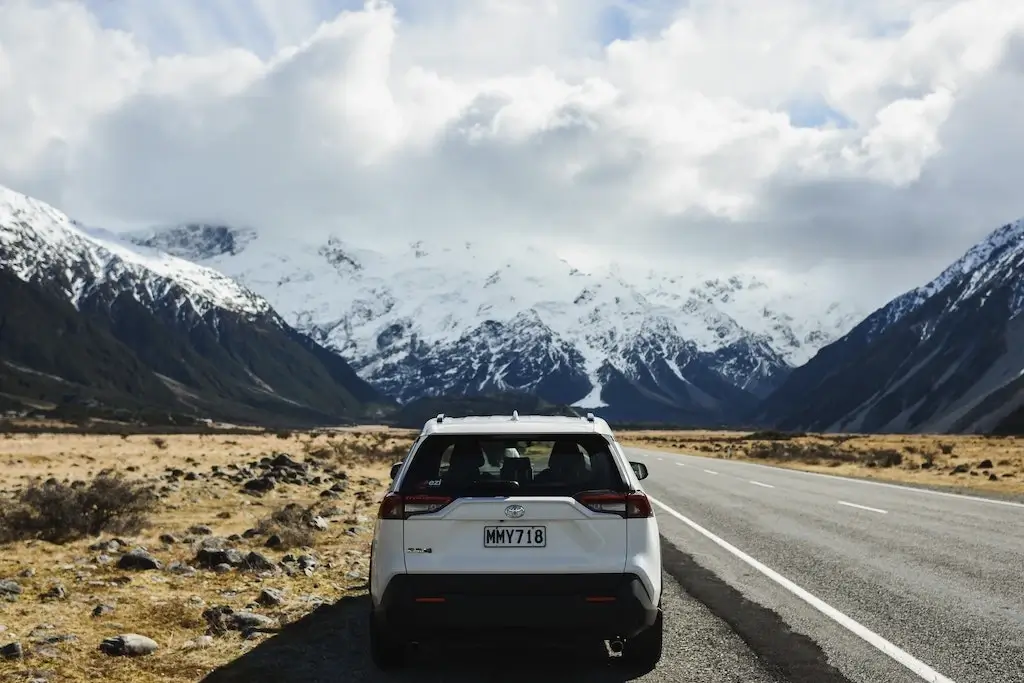
Every year, there are about 350 deaths on the roads in New Zealand. Overseas tourists are at fault in about 5% of fatal accidents (source).
If you plan on driving a rental car or campervan whilst travelling alone in New Zealand, realise that the roads are dangerous.
It can take overseas tourists a while to get used to driving on the left side of the road whilst in New Zealand. Plus, the roads are often narrow, winding and not always well-maintained.
Never drink and drive. New Zealand has very strict drink driving laws and drivers are regularly breath tested by police. You will be criminally prosecuted and deported from the country if caught by police.
2. Hitchhiking
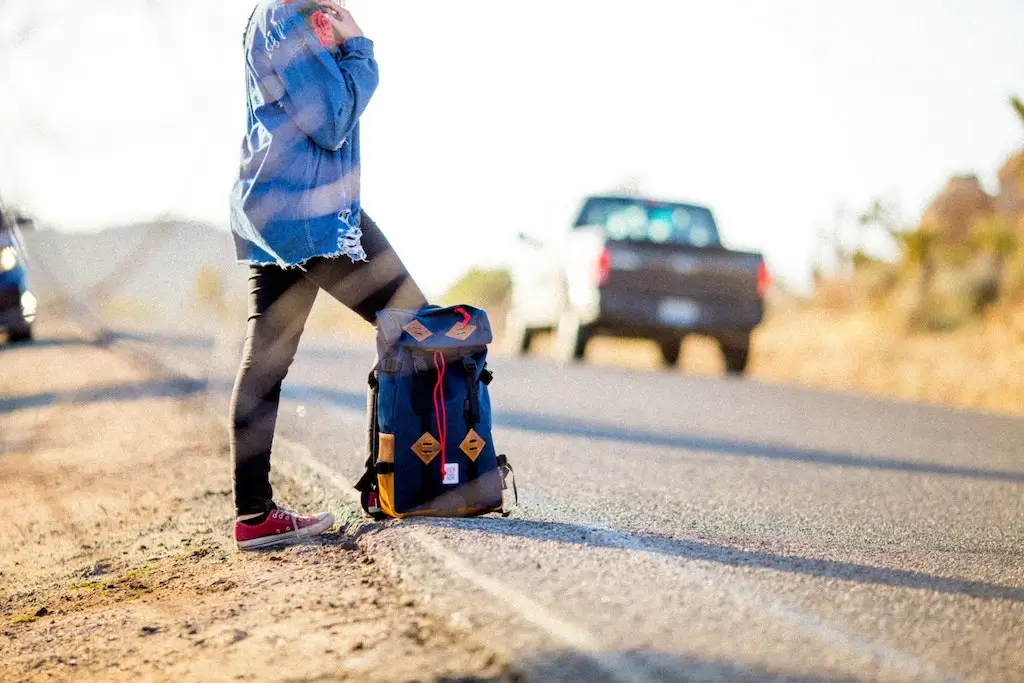
People on Reddit and other forums may suggest that you hitchhike to minimise the cost of your New Zealand solo trip.
I strongly advise against hitchhiking in New Zealand!
Several solo travellers (mainly women) have been murdered whilst hitchhiking around the country.
It’s also dangerous standing on the side of New Zealand’s busy roads and highways.
Avoid hitchhiking altogether.
Use the reputable transport companies listed in my New Zealand solo travel guide – and stick to coach services (Intercity or KiwiExperience) if you are looking to save money on transport.
3. Theft and pickpocketing
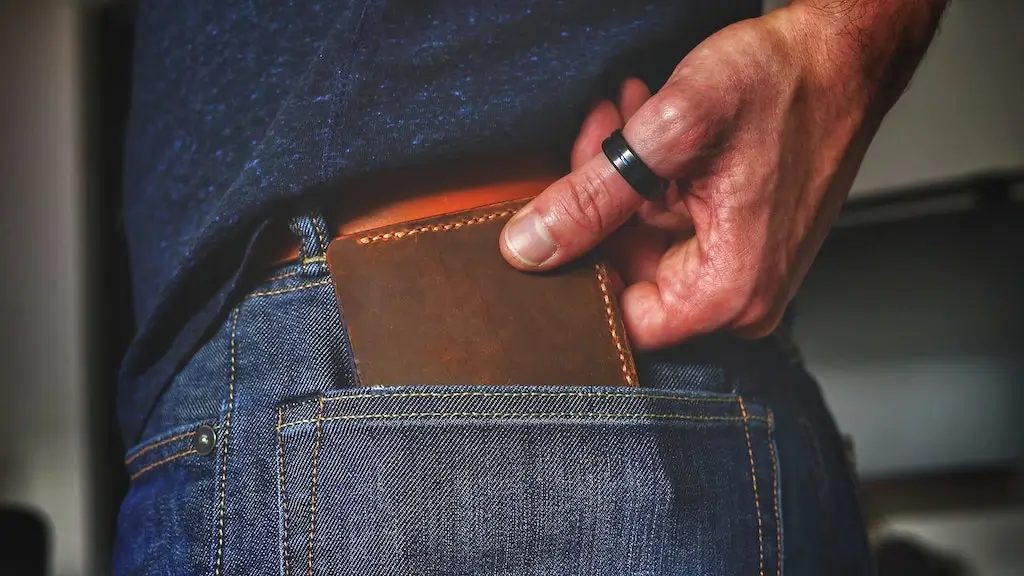
There were 2,781 cases of theft per 100,000 people in New Zealand in 2020 (source).
That means that there’s less than a 3% chance of having your possessions stolen whilst travelling alone in New Zealand.
Whilst the risk is small, there is still a risk. Keep your travel gear safe by:
- Locking your stuff in your accommodation or locker;
- Locking your daypack with a numeric lock;
- Purchasing travel insurance;
- Following these other solo travel safety tips.
Theft of motor vehicles is also a problem in New Zealand. If you hire a campervan or car, make sure that you always keep it locked and hide your travel gear inside.
4. Adventure sports
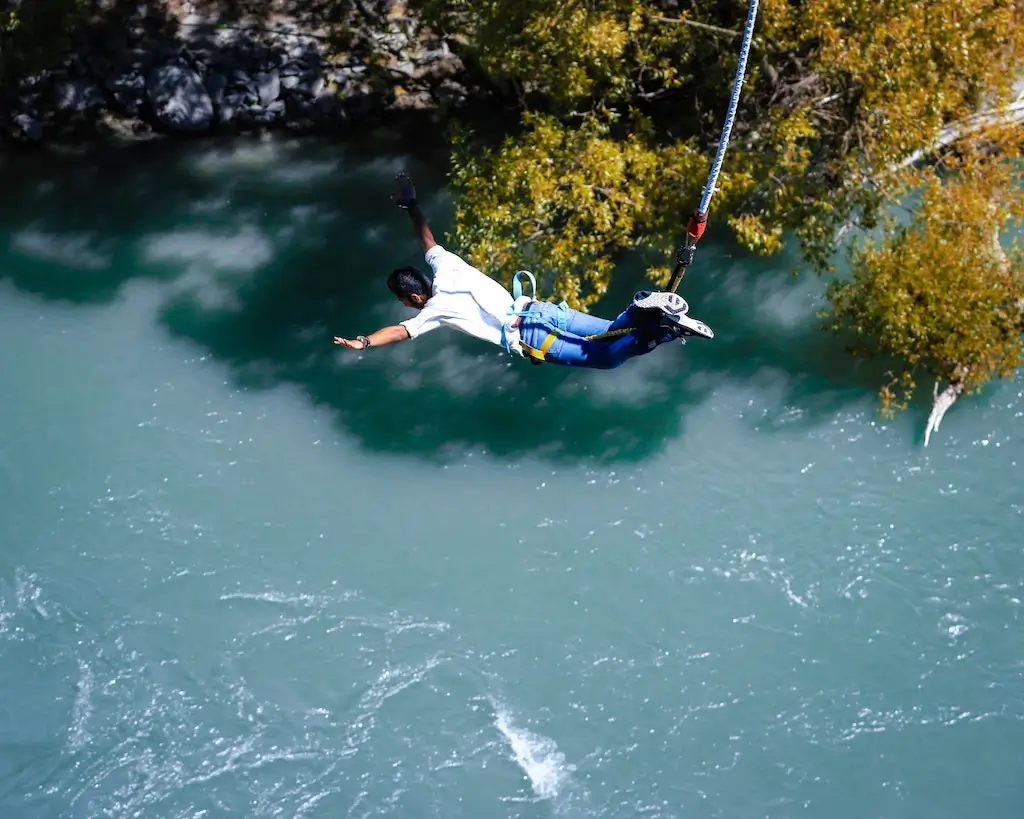
One of the main draw cards for solo travel in New Zealand is the adventure sports – bungee jumping, jet boating, white water rafting, horse riding, mountaineering, hiking, skiing, scuba diving and much more.
But every year, about 5 tourists are killed and more than 100 are seriously harmed whilst taking part in adventure sports in New Zealand (source).
Always make sure that the operator is trusted and licensed. It’s also helpful to read online reviews on Google and TripAdvisor before booking.
Don’t overestimate your abilities.
When participating in water-based activities, check the conditions and consider wearing a life jacket.
5. Hiking or tramping alone
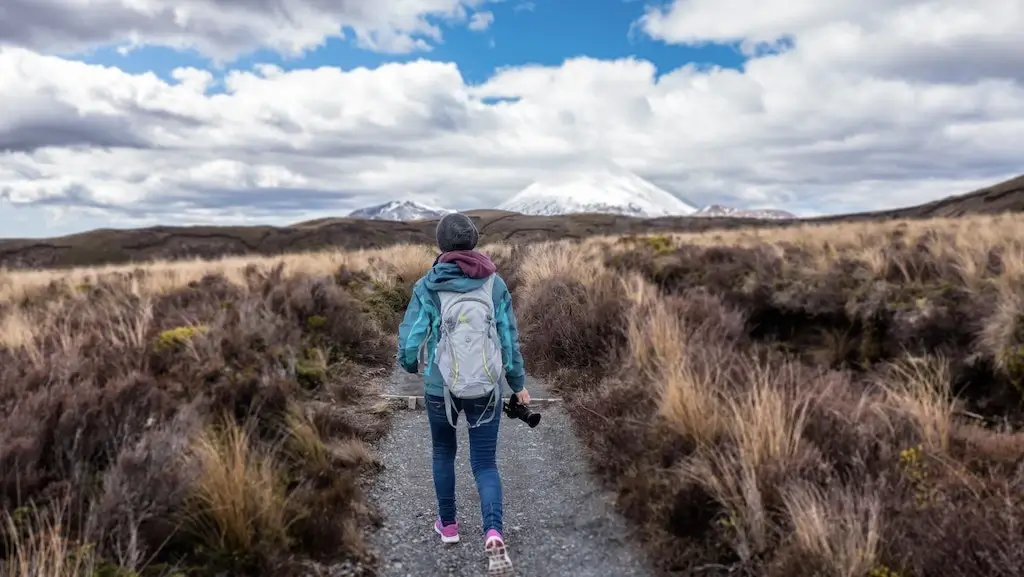
Millions of tourists take to New Zealand’s Great Walks each year. And some find themselves caught in storms, lost or injured.
You should avoid hiking or tramping alone whilst travelling solo around New Zealand. Buddy up with other travellers from your accommodation or join a group tour.
If you insist on hiking or tramping alone, at least let someone know where you’re going and when you expect to be back.
You should also carry safety equipment if you’re taking on a multi-day hike like the Milford Track or Abel Tasman Coast Track. Consider hiring a personal locator beacon.
6. Swimming
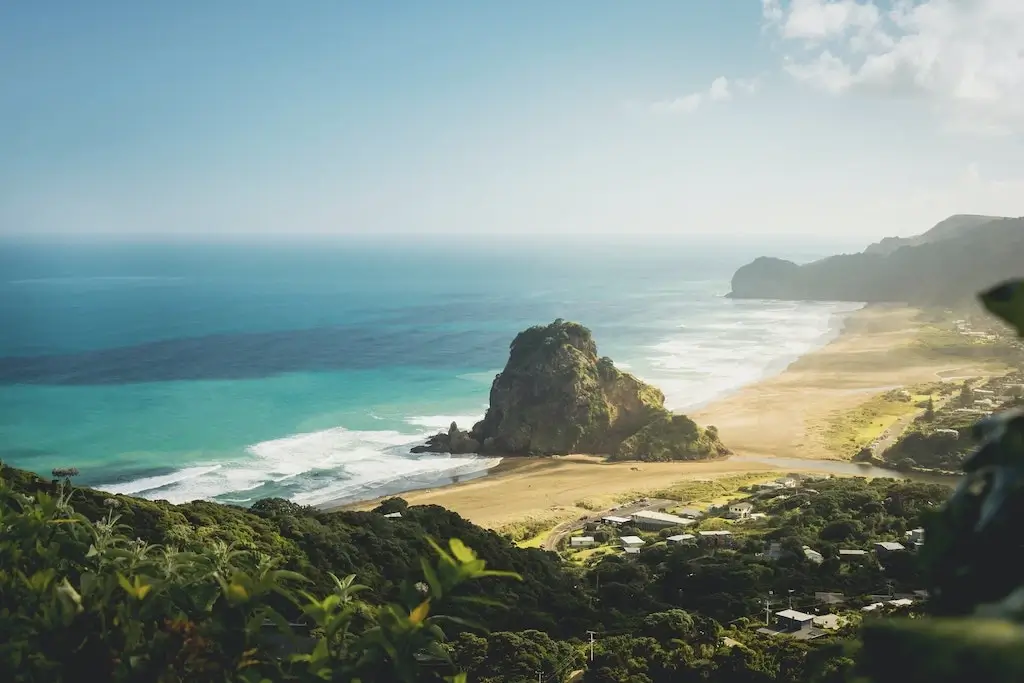
Almost 100 people drown in New Zealand every year (source).
The majority of victims are males who make bad choices and take risks (e.g. drinking alcohol and swimming or fishing in rough conditions).
Only go swimming in New Zealand if you are a confident swimmer. And only swim on beaches that are patrolled by lifeguards, staying between the red and yellow flags.
Solo travellers should use Safeswim to find lifeguarded beaches and warnings.
7. Wildlife
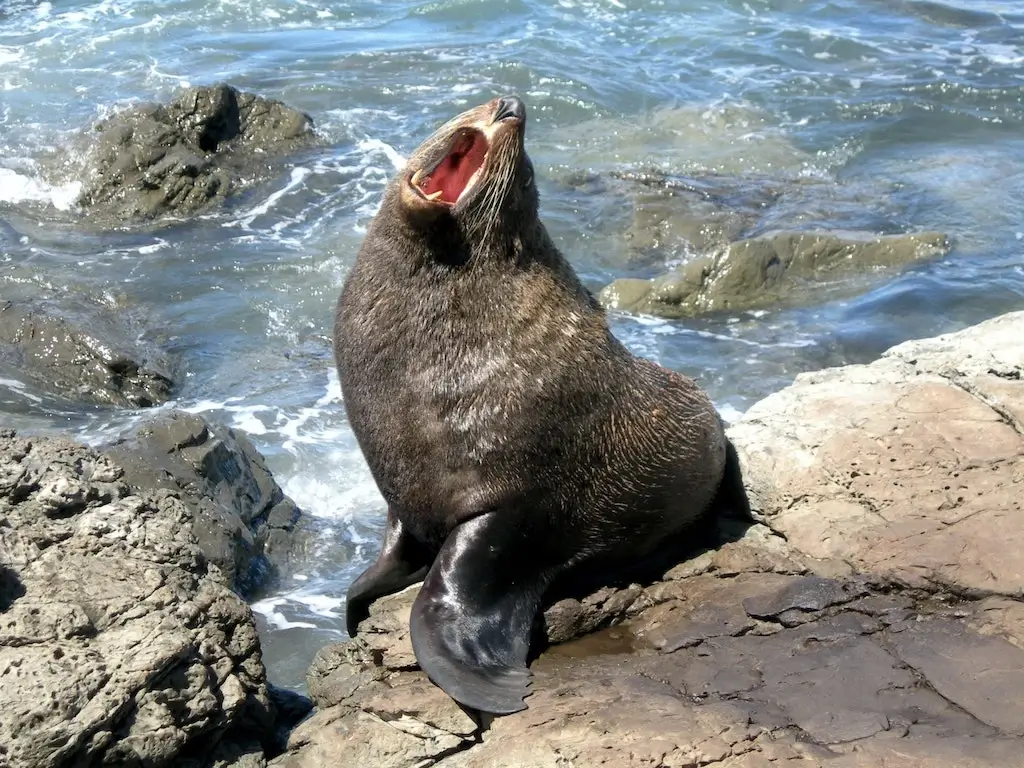
There are only a handful of animals and creepy crawlies that you need to worry about in New Zealand (unlike the solo travel dangers in Australia).
The wildlife that you should be cautious of in New Zealand include:
- Magpies: The magpies found in New Zealand are extremely territorial and will aggressively swoop a passerby. Be particularly careful during breeding season (July to December). If you are swooped, cover your face and head and leave the area.
- Sea lions and seals: Found on New Zealand’s South Island, sea lions and seals have sharp teeth and powerful bites. Try to keep a distance of about 50m from these wild animals (particularly if they have pups).
- Spiders: There are only two venomous spider species in New Zealand: the katipō and the redback. Bites are extremely rare. If you are bitten by a spider, clean the wound with antiseptic, apply ice and seek medical attention.
- Mosquitos and sandflies: Mosquitos rarely spread disease in New Zealand. Sandlies don’t spread disease but give a nasty bite. Protect yourself when travelling alone by covering up with long-sleeve tops and pants. Apply repellent to exposed skin. Mosquitoes are worst at dusk and dawn.
- Sharks: Sharks are rarely a danger to swimmers in New Zealand. However, you can reduce your risk of encountering a shark by swimming close to the shore and between the flags at patrolled beaches. Avoid swimming at dusk or dawn. If you do see a shark, leave the water as quickly and calmly as possible.
8. Volcanoes, earthquakes and geothermal activity
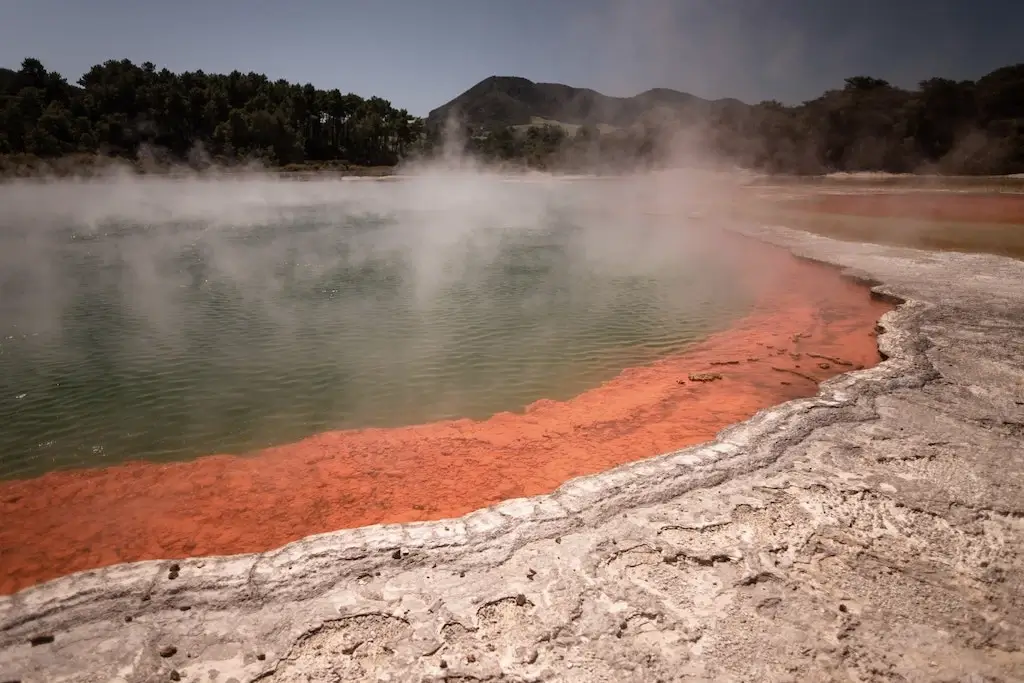
There have been several incidents in recent years where tourists were killed or seriously injured due to volcanic eruptions (White Island 2019), earthquakes (Christchurch 2011) or other geothermal activity (a female tourist fell in a steaming sinkhole in Rotorua in 2022).
Whilst disasters like this are extremely rare, you must remember that there is always an inherent risk when visiting destinations like New Zealand that are geologically active.
9. Wild weather
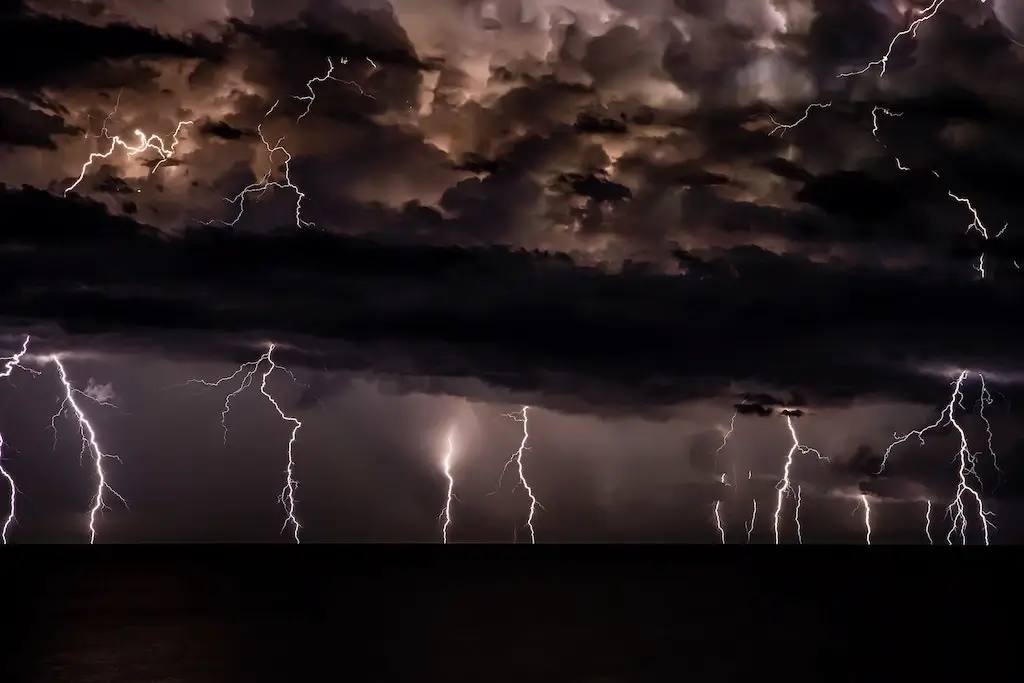
The weather can change rapidly in New Zealand. You often experience four seasons in one day.
Solo travellers need to be aware of severe weather warnings and plan accordingly if you intend on doing outdoor activities, camping or driving.
Upon arrival, download the MetService app on your smartphone. This will keep you up to date with weather forecasts and warnings, helping you to stay safe whilst travelling alone in New Zealand.
10. Sunburn
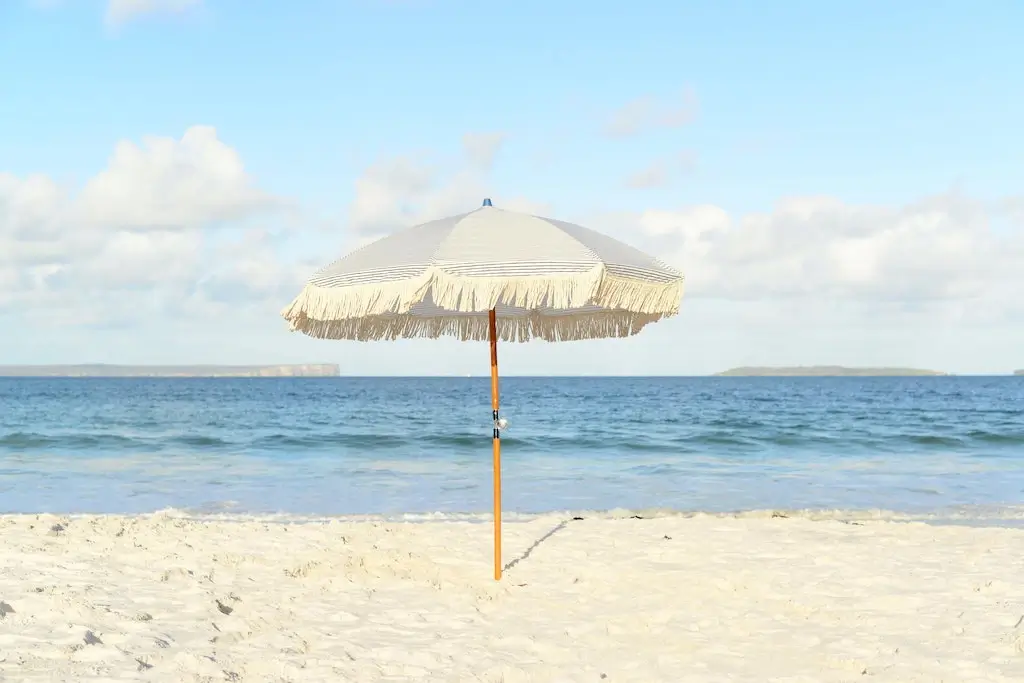
Skin cancer is now the most common cancer in New Zealand. The country suffers from high levels of UV radiation due to depletion of the ozone layer.
Because your skin can burn in as little as 15 minutes, it’s important to stay sun safe whilst travelling alone in New Zealand.
Always wear sunscreen when spending time outside (especially between September and April).
If you plan on skiing, snowboarding or hiking in winter, be aware that reflection from snow and ice can also cause sunburn.
11. Disease
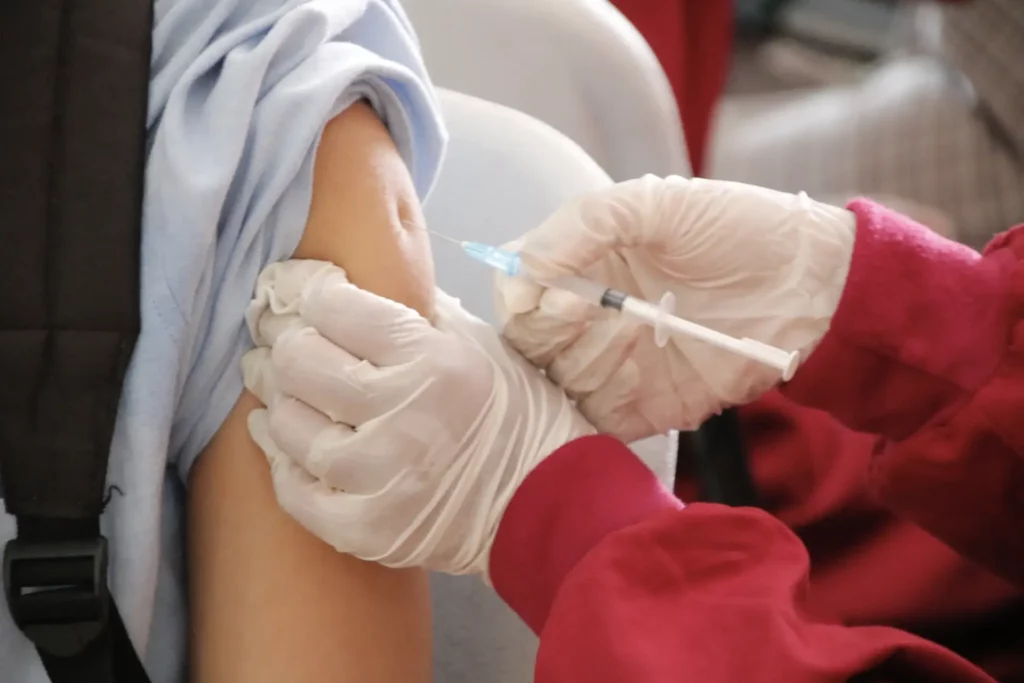
There are very few diseases or illnesses that solo travellers need to worry about in New Zealand.
Generally, the CDC recommends that solo travellers receive their routine vaccines (e.g. flu, chickenpox, MMR, Diphtheria, Tetanus, etc.) before travelling to New Zealand.
You can drink tap water in New Zealand. However, avoid drinking from outdoor taps unless they are designated for drinking.
12. Sexually transmitted infections
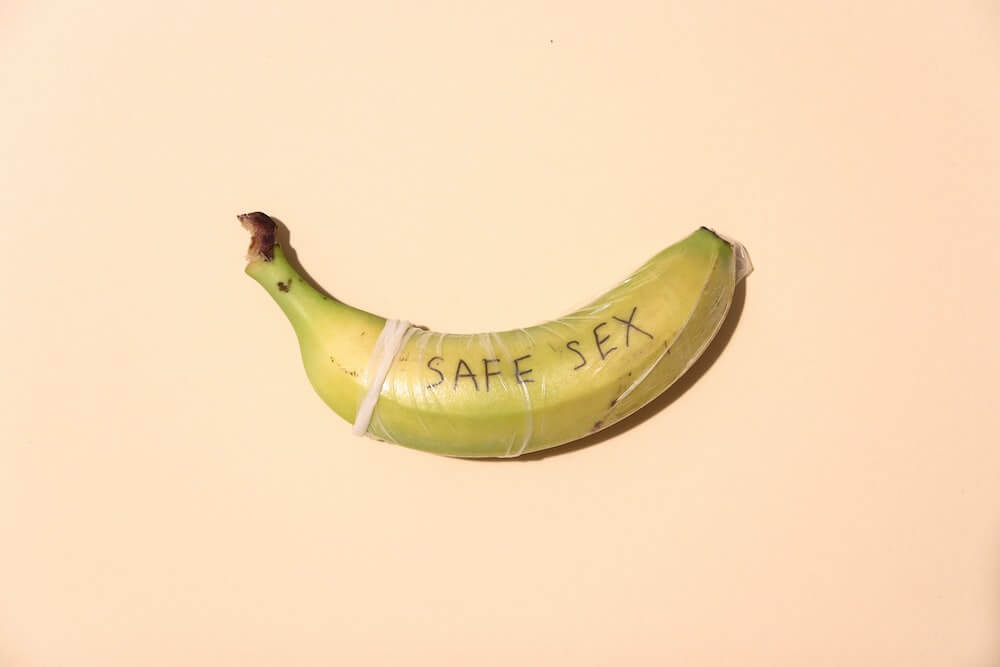
There’s a reason why the KiwiExperience Coach in New Zealand is nicknamed ‘the big green fuck-bus’! Solo travellers (particularly young backpackers) like to get frisky.
But with so many solo travellers getting down and dirty during their adventures, you have to be cautious of STIs.
Some of the most common STIs in New Zealand that solo travellers need to be aware of include:
- Chlamydia
- Gonorrhoea
- Herpes
- HPV and genital warts.
- Syphilis
- HIV
To reduce your risk of an STI or unintended pregnancy, use contraceptives or abstain from sex altogether.
Men should include condoms on their solo travel packing list for males. Women should also include male or female contraceptives on their solo travel packing list for females.
Did you know that 75% of backpackers and solo travellers hook up when travelling – discover 30 more secrets about sex while travelling!
13. Mental health

For most of us, New Zealand is the furthest possible place from our family, friends and support network.
So, it’s little wonder that you might feel sad or lonely at times when travelling alone around New Zealand.
There are numerous helplines and services that solo travellers in New Zealand can use if they are struggling with their mental health.
If you are concerned about your mental health whilst travelling alone, see my article on solo travel depression.
You may also be interested in knowing:
14. Drunken behaviour
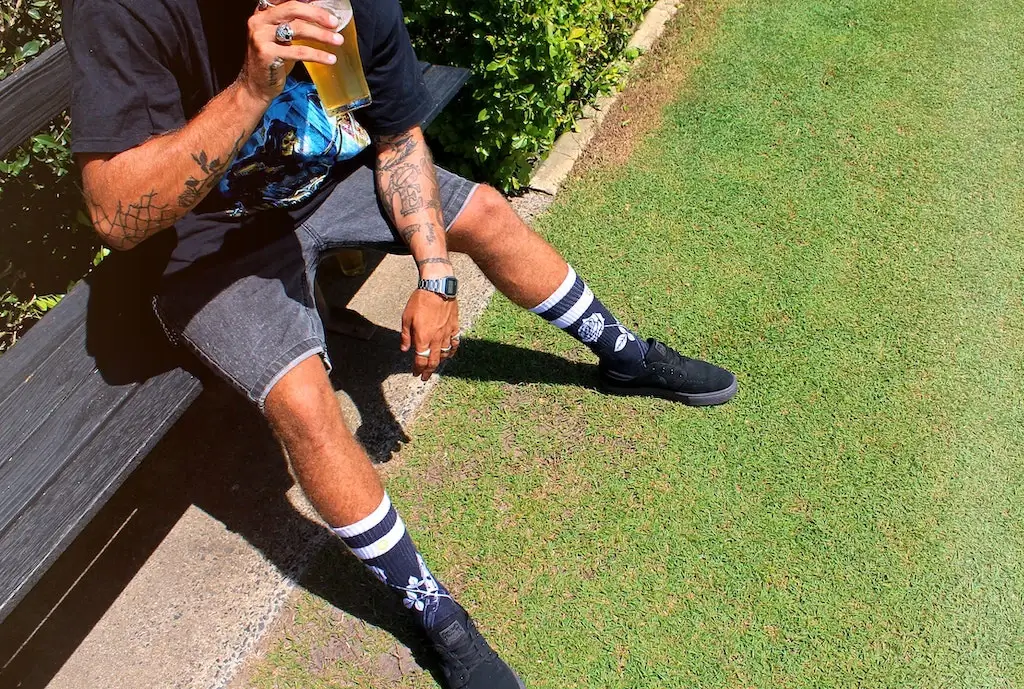
It’s fair to say that Kiwis enjoy a drink – particularly given that they produce some of the world’s best wines and ciders.
So, it is no surprise that many solo travellers (particularly youngsters) find themselves drinking and partying most nights whilst travelling alone in New Zealand.
However, excessive drinking presents short-term and long-term risks to your safety and well-being. When drunk, you are more likely to take risks (e.g. drive drunk, go swimming at night or get involved in altercations).
If you are going to drink, avoid becoming overly intoxicated. Try to buddy up with other travellers from your accommodation and stay in groups when partying.
Female solo travellers also need to be cautious of drink spiking. Always buy your own drinks, watch them being poured, never leave them unattended and throw it out if you think it tastes or looks weird.
15. Street fights
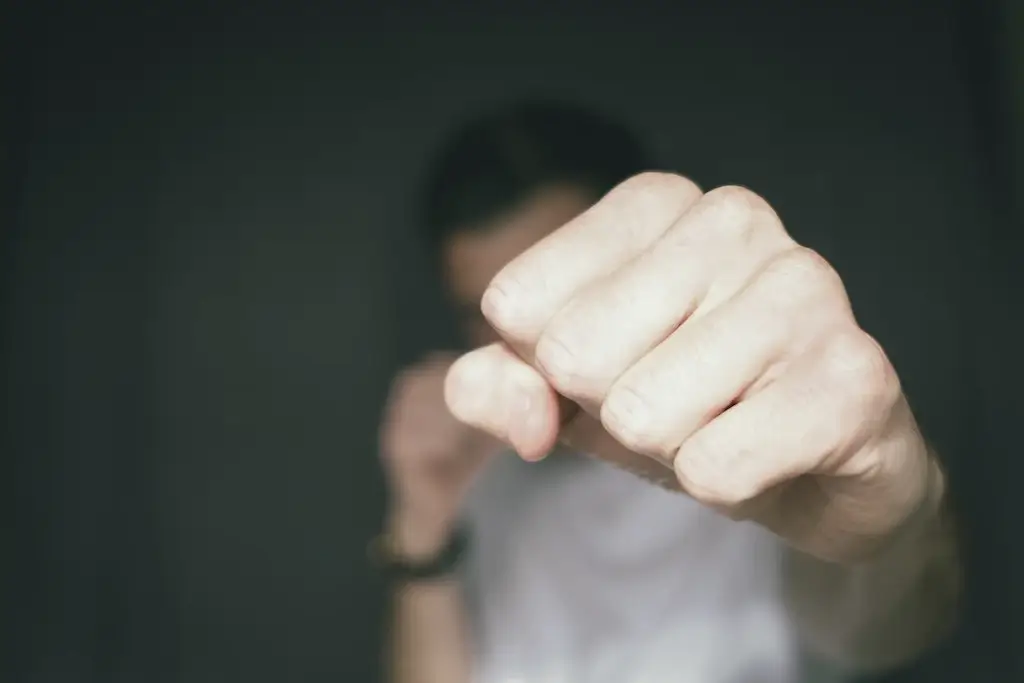
There were 534 cases of assault per 100,000 people in New Zealand in 2018 (source).
That means that there is less than a 1% chance that you will witness or experience an assault whilst travelling alone around New Zealand.
The risk of being assaulted is reduced even further when you consider that most assault cases occur between parties that know each other (e.g. within the household).
Nonetheless, you should avoid getting into fights with the local Kiwis or other travellers – especially if you’re out partying and drinking at night.
Young men (between 18-35) are at the highest risk of being involved in an assault case and need to be particularly careful (source).
16. Sexual harassment
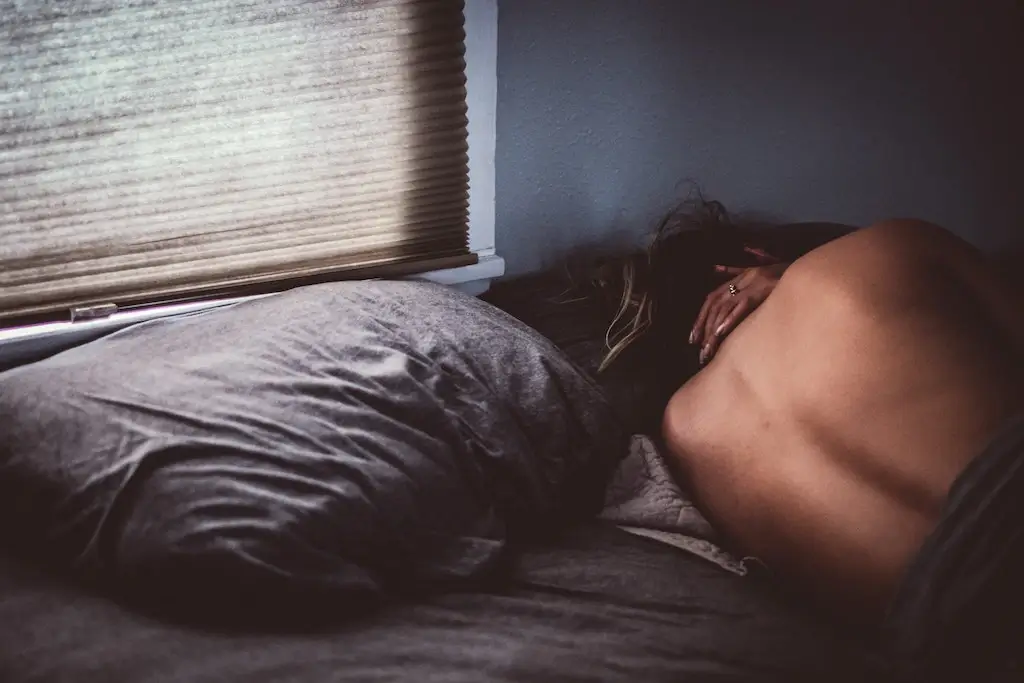
Women do not generally have to worry about intimidation, harassment or abuse when travelling alone in New Zealand.
However, those that are most at risk of sexual assault in New Zealand are young women (18-35) (source).
Female solo travellers should take standard precautions:
- Buddy up with other travellers from your accommodation (especially on nights out or hiking remote areas);
- Stick to well-lit areas at night;
- Do not accept drinks from strangers;
- Stay in female-only dorms if you prefer.
17. Scams and fraud
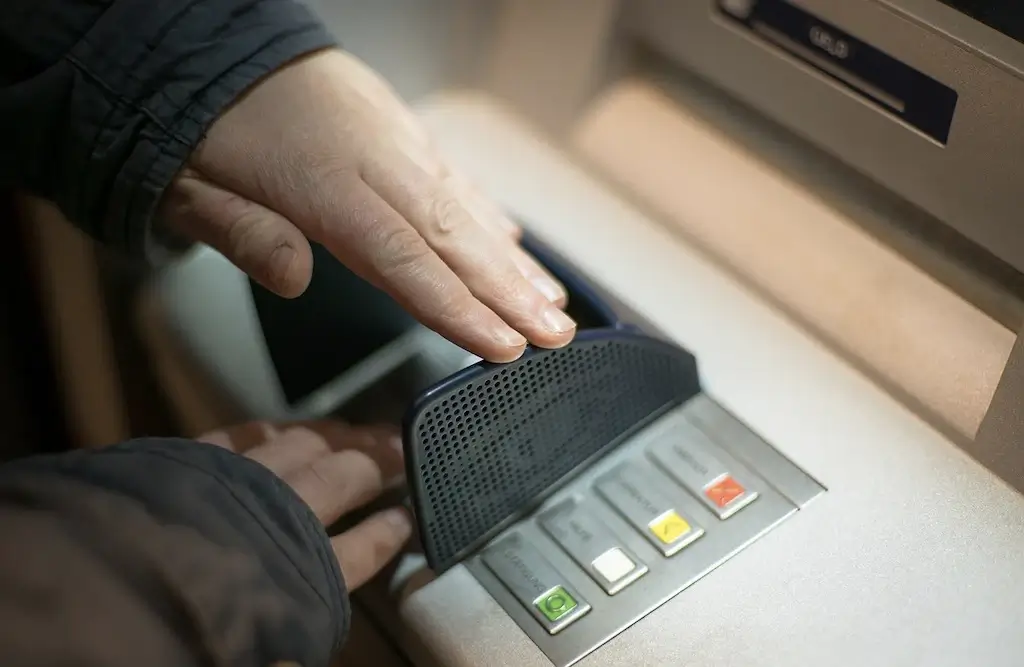
Every year, around 8 out of every 100 adults in New Zealand are the victims of fraud or deception.
Most scams are committed online or via text message scams, so solo travellers in New Zealand don’t need to be too concerned.
Nonetheless, there are some scams that you need to be aware of when travelling alone in New Zealand:
- Taxi overcharging: It is preferable to use Uber over taxis. If you do have to use a taxi, make sure that the metre is switched on and check how long the trip should take on Google Maps.
- Text message and phone scams: If you are using a local SIM card whilst travelling in New Zealand, you may receive text or phone scams. Ignore or hang up on any numbers that ask for your banking details.
- Card skimming: Try to only use bank ATMs. Check whether the card reader looks crooked or a different colour. Set up fraud alerts with your bank.
If you think you have been scammed, contact the New Zealand police and your bank. There may be steps you can take to protect your account and retrieve some of the money.
18. Laws and airport customs
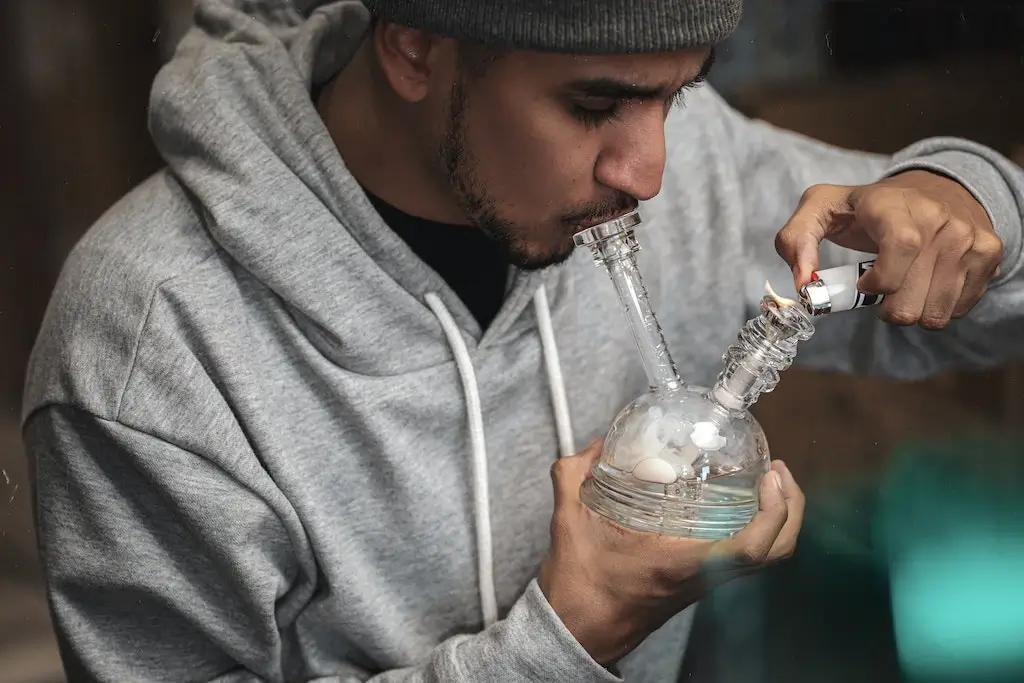
New Zealand is serious about its criminal laws and airport customs.
As a solo traveller, you want to avoid breaking the law whilst visiting New Zealand. Doing so could see you criminally punished and deported from the country.
The most common criminal laws that you need to be aware of when travelling alone in New Zealand include:
- Drug laws: Most illicit drugs are illegal in New Zealand (including cannabis, cocaine, heroin, shrooms, LSD and amphetamines). If you are caught in possession of these drugs, you will almost definitely be arrested and prosecuted.
- Drink and drug driving: The legal blood alcohol concentration (BAC) for drivers over 20 years of age in New Zealand is 0.05. If you are caught driving whilst intoxicated or under the effect of drugs in New Zealand, you will be arrested and prosecuted.
You also need to be aware of bringing in restricted and prohibited items when visiting New Zealand. When you arrive by plane, you will be asked if you are carrying objectionable material, food, animal products, tobacco, alcohol, medicines, drugs, plants, seeds, weapons or other miscellaneous items.
You may have to dispose of some of these items if they are prohibited in New Zealand. If you are caught trying to enter New Zealand with these items without declaring them, you may be fined or criminally prosecuted.
5 Solo Travel Safety Tips for New Zealand
Here are my top 5 safety tips for people travelling alone around New Zealand. But if you want more advice, be sure to check out all 35 of my solo travel safety tips.
- Use the free tourist healthcare if involved in an accident
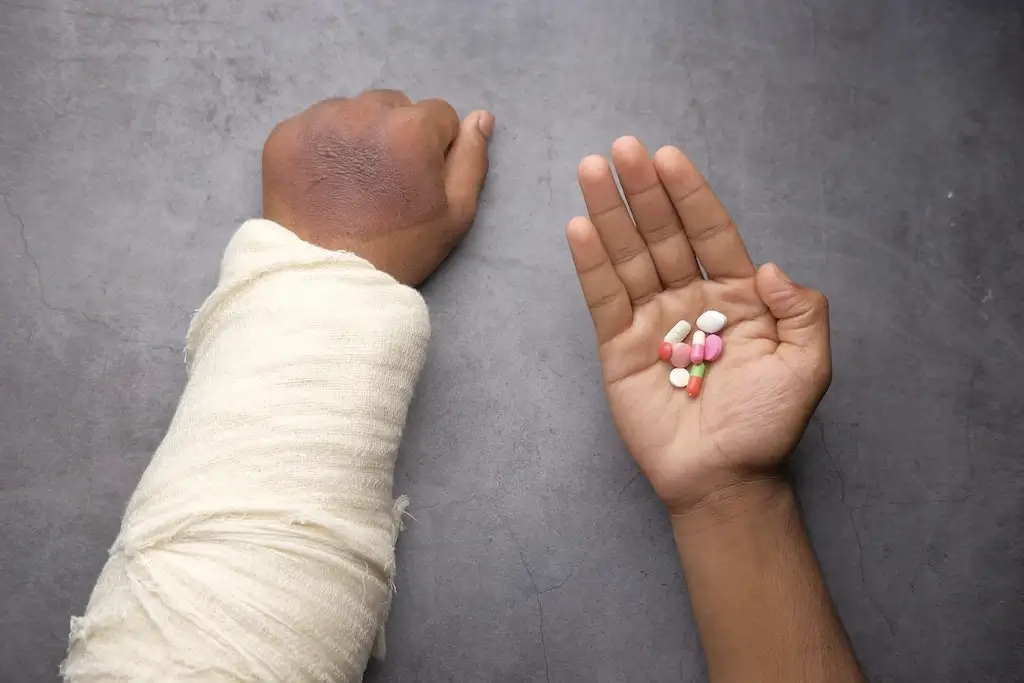
New Zealand provides free healthcare to tourists who suffer accidental injuries (e.g. sprains, cuts, burns and fractures).
If you have to visit a doctor or hospital for an accidental injury, they will ask you to fill out a form so that ACC can cover the cost of treatment.
However, solo travellers will still need travel insurance for illnesses and ailments that aren’t covered by the ACC.
- Save emergency contacts in your phone
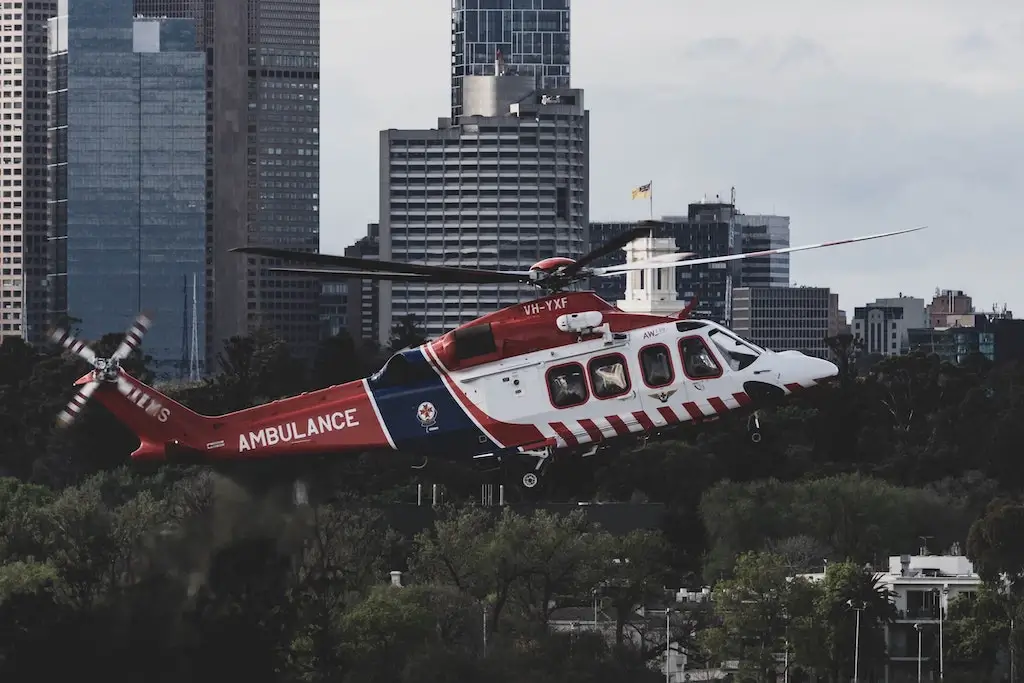
The emergency assistance number in New Zealand is 111. Call this number if you ever need emergency help from the police, fire service or an ambulance.
Save the emergency assistance number as a contact in your phone. This will save you from having to Google it in an emergency.
However, only use this number in real emergencies. Calling it for improper use may be considered a criminal offence.
On your smartphone, you should also set a family member or trusted friend as an emergency SOS contact (iOS and Android).
- Hide your stuff and lock your campervan
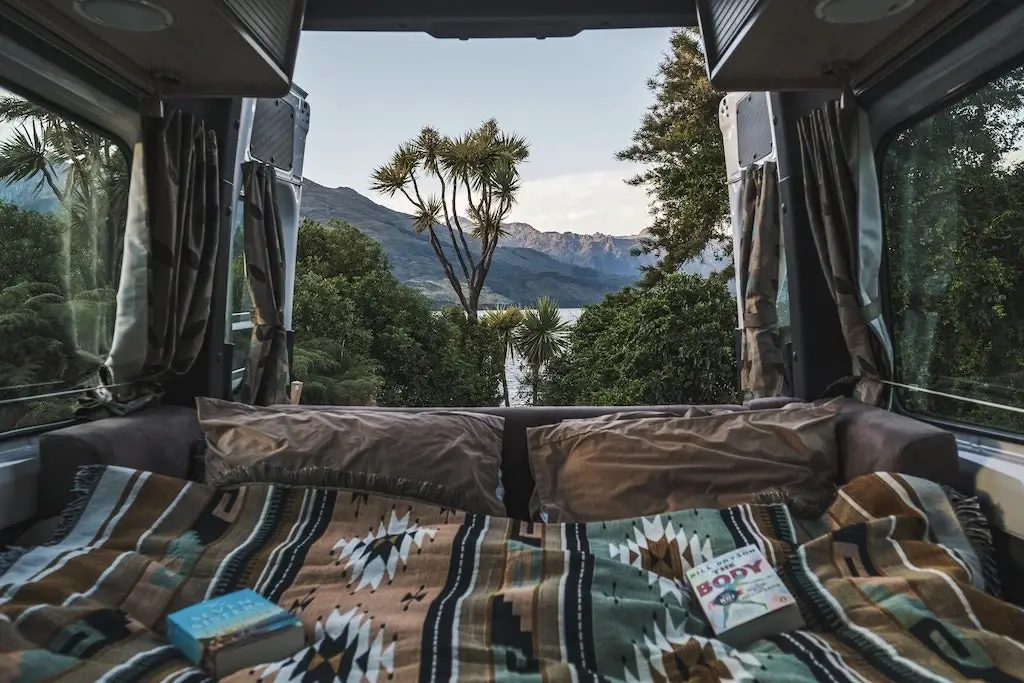
I’ve heard dozens of stories of people having their campervan or car robbed whilst travelling alone in New Zealand – some were even sleeping in their vehicle whilst it happened!
Whenever you leave your vehicle, hide your possessions under the seats or a blanket. Never leave your phone, camera or wallet in sight of prying eyes.
Lock the door to your car or campervan whenever you are away (even if you’re just popping to the campground loo).
It’s also best to keep your campervan locked at night whilst sleeping inside. And never leave your camping equipment sitting outside for thieves to take in the night.
- Avoid arguments with camping etiquette
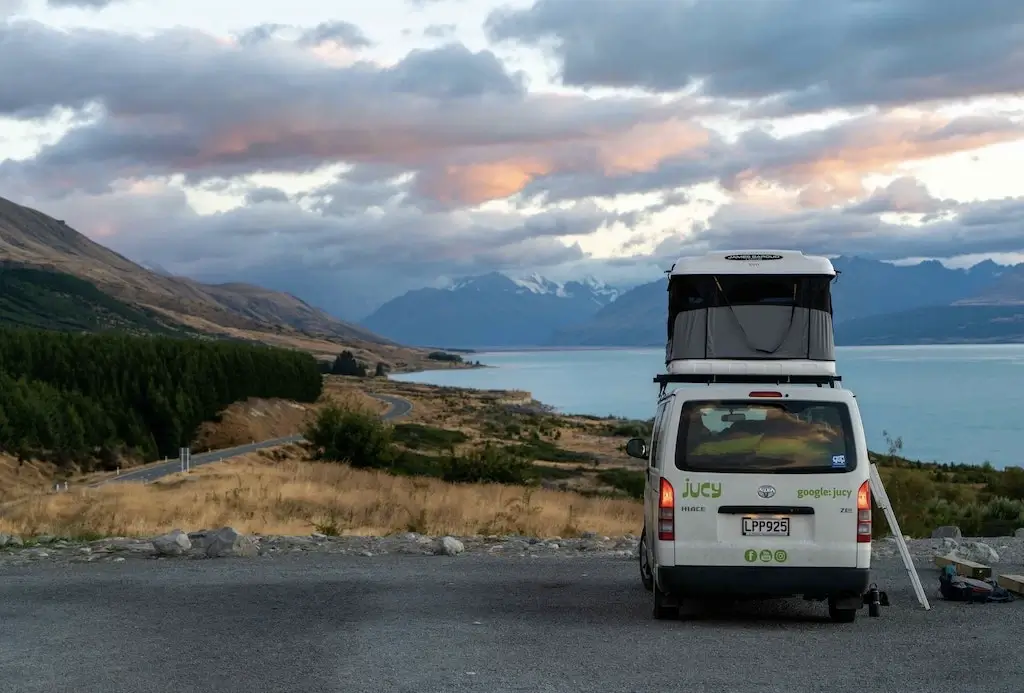
Kiwis won’t stand for tourists that disrespect their country or culture.
Whenever you’re outdoors in New Zealand (e.g. the beach or a park), leave the site as you found it. Pick up all your rubbish and restore any damage.
If you plan on camping whilst travelling alone in New Zealand, you must abide by the freedom camping rules:
- Only camp in designated areas where camping is allowed (signposted);
- Only camp in a self-contained vehicle with a certification sticker (must be fitted with a toilet, freshwater storage, wastewater storage and bin);
- Leave the campsite in the same condition you found it.
Other things that you can do to show respect to your Kiwi hosts and other tourists include:
- Keeping your noise levels low;
- Avoid camping in spaces that will block others campers’ views or impinge on their privacy.
- Avoid arriving at your campsite late at night when everyone else is sleeping.
It’s also safest to camp away from large trees during severe weather and heavy winds. I’ve seen falling branches crush campervans and campsites.
- Buy a local SIM card
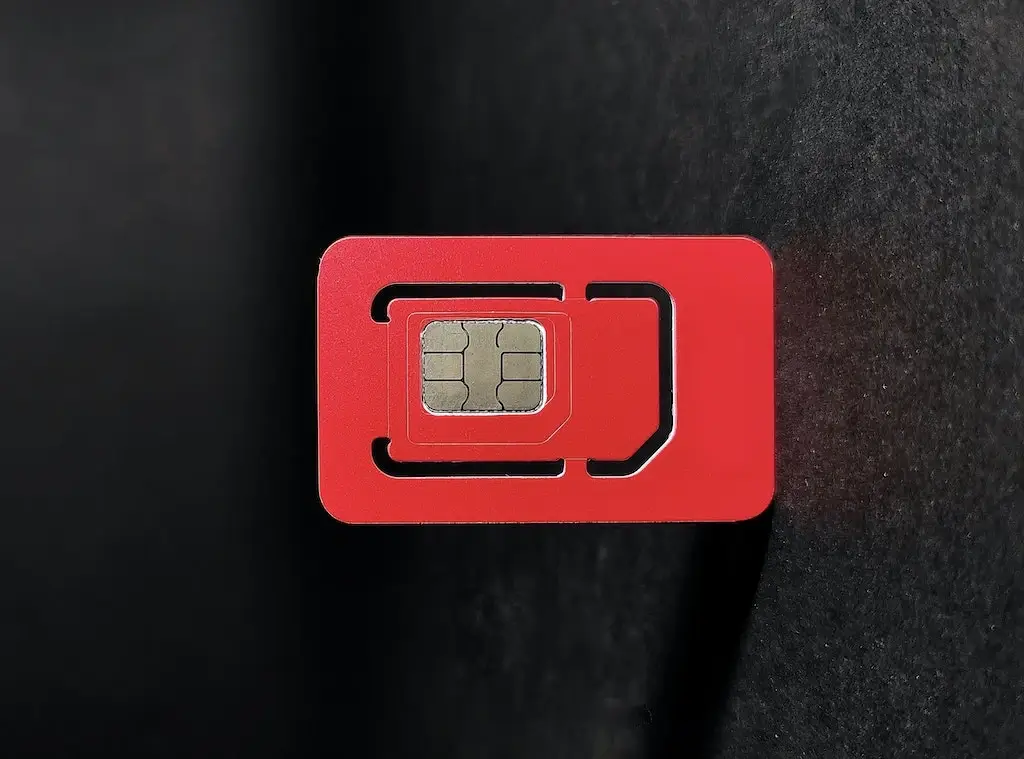
For your safety, it is crucial that you stay connected whilst travelling alone around New Zealand.
I recommend getting a local SIM card, which is usually more affordable and provides better coverage than data roaming.
There are three main mobile providers in New Zealand: Vodafone, Spark and 2degrees.
Spark offers great coverage and their travel plans last for three months (perfect if you’re planning on a long stay). Vodafone is slightly cheaper and also provides great coverage (but plans expire after one month).
You’ll find mobile provider stalls in Auckland, Christchurch, Queenstown and Wellington international airports if you need data immediately upon arrival. If you see a tax-free stall before immigration, the SIM cards will be slightly cheaper than at the stall in the arrival hall.
Summary: Is New Zealand Safe to Travel Alone?
Most of us view New Zealand as a utopia – a safe haven for solo travellers.
For the most part, this is true – New Zealand is a very safe place to travel alone (for men and women, young and old).
But there are still many dangers that we need to be aware of. You don’t want to find yourself bitten by a sea lion, lost in Milford Sound or robbed at the local camping ground!
If you use your common sense and follow the safety advice above, you will be one of the 4 million tourists that enjoy travelling to New Zealand each year.
So check out my full guide to solo travel in New Zealand and start packing your bags.
It’s time to bask in the Bay of Islands, hop into a Hobbit Hole and galavant around Fox Glacier!
Related Posts
More solo travel guides and tips on Nomadic Yak
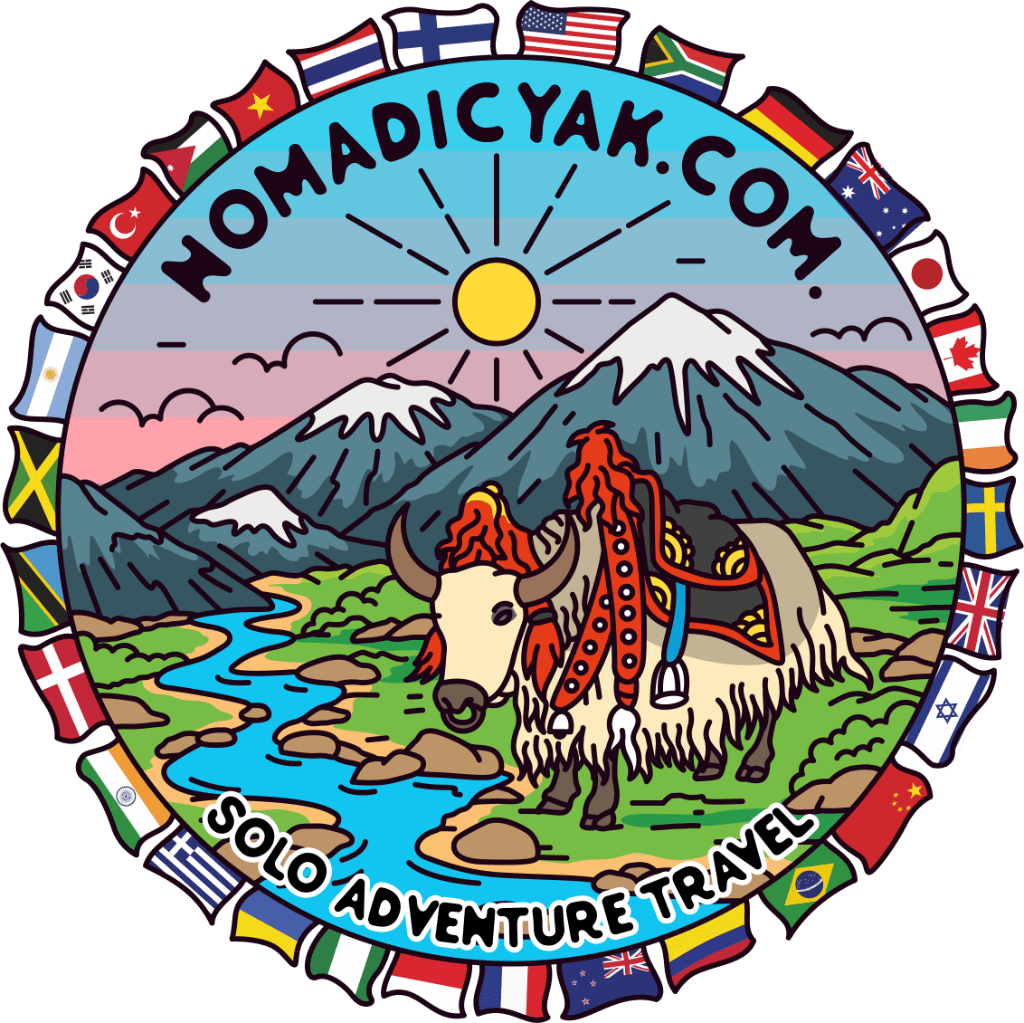
Nomadic Yak helps solo travellers to plan journeys that are adventurous and authentic.
Every article is written by me, Harry. I’ve travelled to 40+ countries over the last 5 years – alone.
For even more information about solo travel in New Zealand, see our solo travel tips.
We also have destination guides to help you plan solo travel in nearby countries such as Australia.



